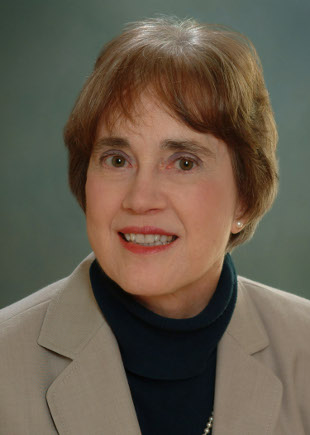Charter Certification Change Could Have Far-Reaching Effect | Eastern North Carolina Now
A small change in a North Carolina law affecting charter schools could have a major impact on teacher education in North Carolina.


| HSM to Expand in Catawba County | Education Industry, Business, Your Economy | SNI is a Business: A Very Creative One, but Still a Business |
World’s Largest Food Company Hikes Prices Nearly 10% In Just Three Months Due To Inflation PressuresNestlé, the largest food and drink company in the world, raised prices by a collective 9.8% in the first three months of the year as inflationary pressures increased input costs for the business.
Published: Monday, May 15th, 2023 @ 12:38 pm
By: Daily Wire
|
|
Get ready to see higher electricity bills if the North Carolina Utilities Commission approves a requested price hike by Duke Energy Progress.
Published: Monday, May 15th, 2023 @ 12:18 pm
By: Carolina Journal
|
|
We live in times when technology is becoming increasingly important and significantly transforming how people work. Of course, when you're bringing your work into the online realm, you need to be aware of the dangers it can bring to your data.
Published: Tuesday, March 21st, 2023 @ 4:12 pm
By: Jessica Fender
|
|
Members of the Senate Agriculture Committee discussed the collapse of cryptocurrency exchange FTX in a Thursday hearing, during which a top regulator acknowledged that he met with former CEO Sam Bankman-Fried on multiple occasions.
Published: Friday, December 23rd, 2022 @ 9:17 am
By: Daily Wire
|
|
Progressives across the country are working tirelessly to rewrite the history on school reopenings, claiming that it was a bipartisan effort. The reality is far different, and, in fact, progressive leaders fought to keep schools closed.
Published: Monday, November 7th, 2022 @ 1:09 am
By: John Locke Foundation
|
|
A recent survey reported massive school staffing shortages in North Carolina in August. That’s roughly 11,000 vacancies, which would impact the quality of education students receive.
Published: Saturday, October 29th, 2022 @ 9:52 am
By: John Locke Foundation
|
|
RX Industries, of South Carolina, has announced the completion of its expansion in Beaufort County (SC).
Published: Tuesday, September 27th, 2022 @ 10:37 pm
By: Jessica Fender
|
|
Today, the U.S. Department of Education released the 2022 National Assessment of Educational Progress (NAEP) Long-Term Trend results.
Published: Thursday, September 8th, 2022 @ 2:55 am
By: John Locke Foundation
|